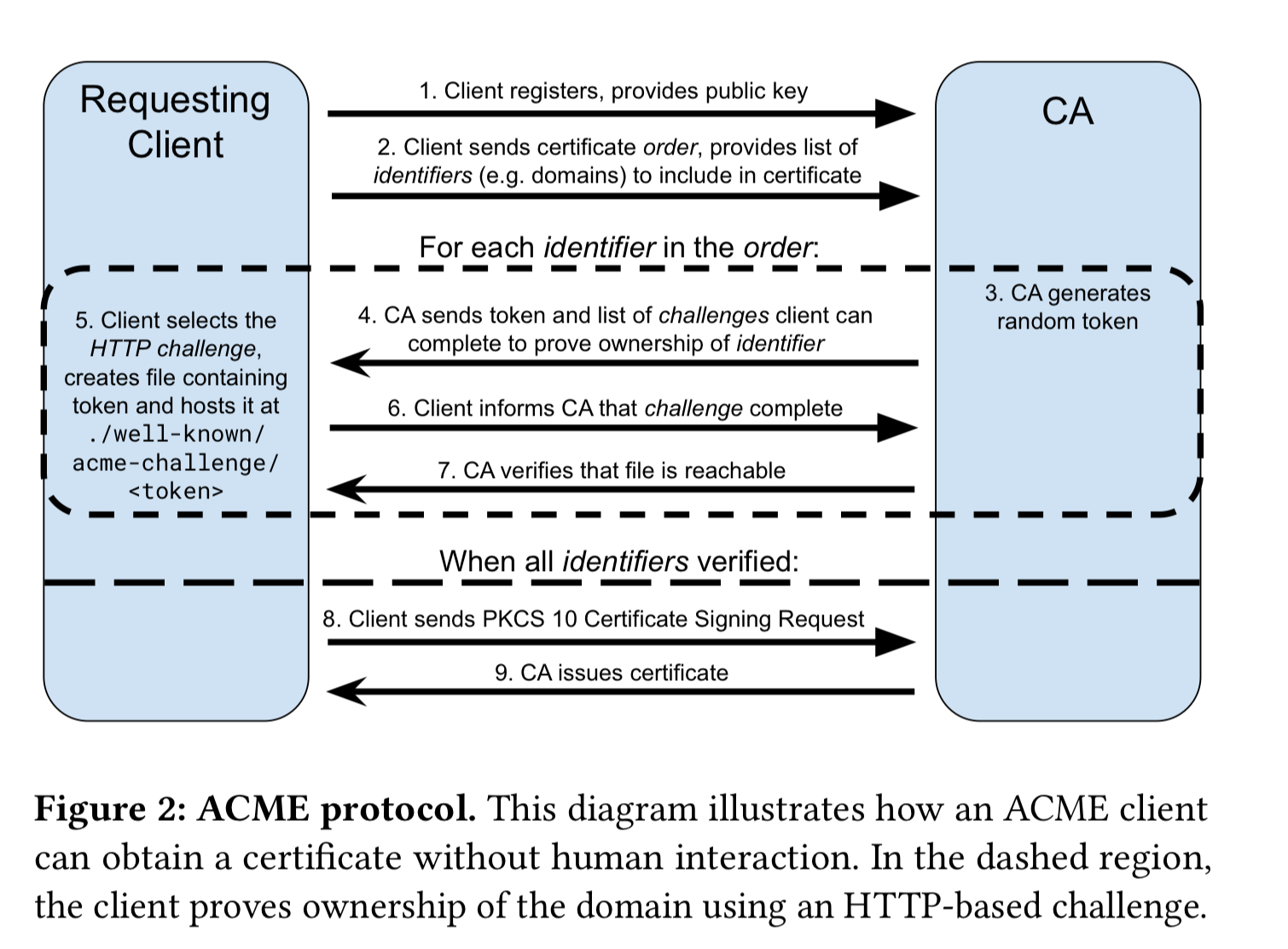

The comments posted on this blog become part of the public domain. We don't edit comments to remove objectionable content, so please ensure that your comment contains none of the above. To file a detailed report about a scam, go to. We won’t post comments that include personal information, like Social Security numbers, account numbers, home addresses, and email addresses.We won’t post threats, defamatory statements, or suggestions or encouragement of illegal activity.We won’t post comments that include vulgar messages, personal attacks by name, or offensive terms that target specific people or groups.We won’t post off-topic comments, repeated identical comments, or comments that include sales pitches or promotions.We expect commenters to treat each other and the blog writers with respect. We review all comments before they are posted, and we won’t post comments that don’t comply with our commenting policy. But keep in mind, this is a moderated blog. Your thoughts, ideas, and concerns are welcome, and we encourage comments. The purpose of this blog and its comments section is to inform readers about Federal Trade Commission activity, and share information to help them avoid, report, and recover from fraud, scams, and bad business practices. Real companies and government agencies will never tell you to buy cryptocurrency to sort out a problem or protect your money.įor help spotting crypto scams, visit ftc.gov/cryptocurrency. Spot the scammers asking you to send crypto.
Encrypto tel scam how to#
If a new online love interest wants to show you how to invest in crypto, it’s a scam. Don’t mix online dating and investment advice.These lies get you to “invest” - but you won’t get any of your money back. Know that only scammers guarantee big payouts or fast, easy money.They’ll use messages or pop-ups to claim there’s a problem with your accounts, or a security breach, and the only way to “protect” yourself is to put your money in crypto. Scammers also impersonate major companies and the government. Don’t do it - those “investments” go straight into their pockets. These scams might also involve an investment: your new love interest might boast about being rich and offer to help you get started in crypto investing. Scammers lurk in online dating apps and on social media, too. You won’t make money and you’ll lose your initial “investment.” And most crypto is lost to investment scams, where scammers get you to “invest” money, promising they’ll make you more - quickly. Many crypto scams begin with ads, posts, or messages on social media. The FTC’s new data spotlight shows crypto is a common way for scammers to steal money, with over 46,000 people reporting losing more than a billion dollars in crypto to scams since the start of 2021. Because, according to the FTC’s new data spotlight, scammers are banking on what you don’t know about cryptocurrency - or scammers’ tricks. If the cryptocurrency craze feels like a tempting way to make money, or you think you’re missing out, read on. Identity Theft and Online Security Show/hide Identity Theft and Online Security menu items.Unwanted Calls, Emails, and Texts Show/hide Unwanted Calls, Emails, and Texts menu items.Money-Making Opportunities and Investments.



 0 kommentar(er)
0 kommentar(er)
